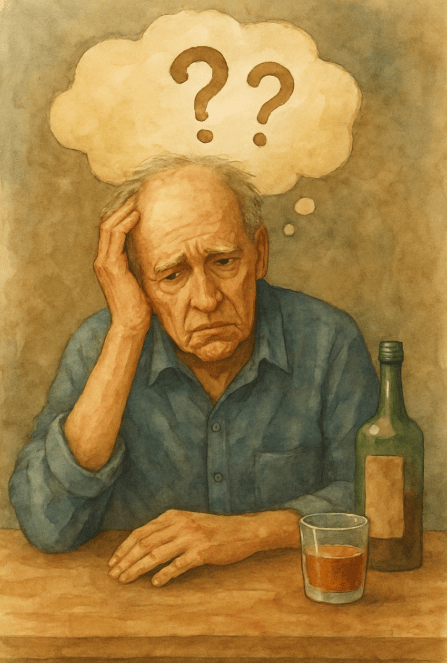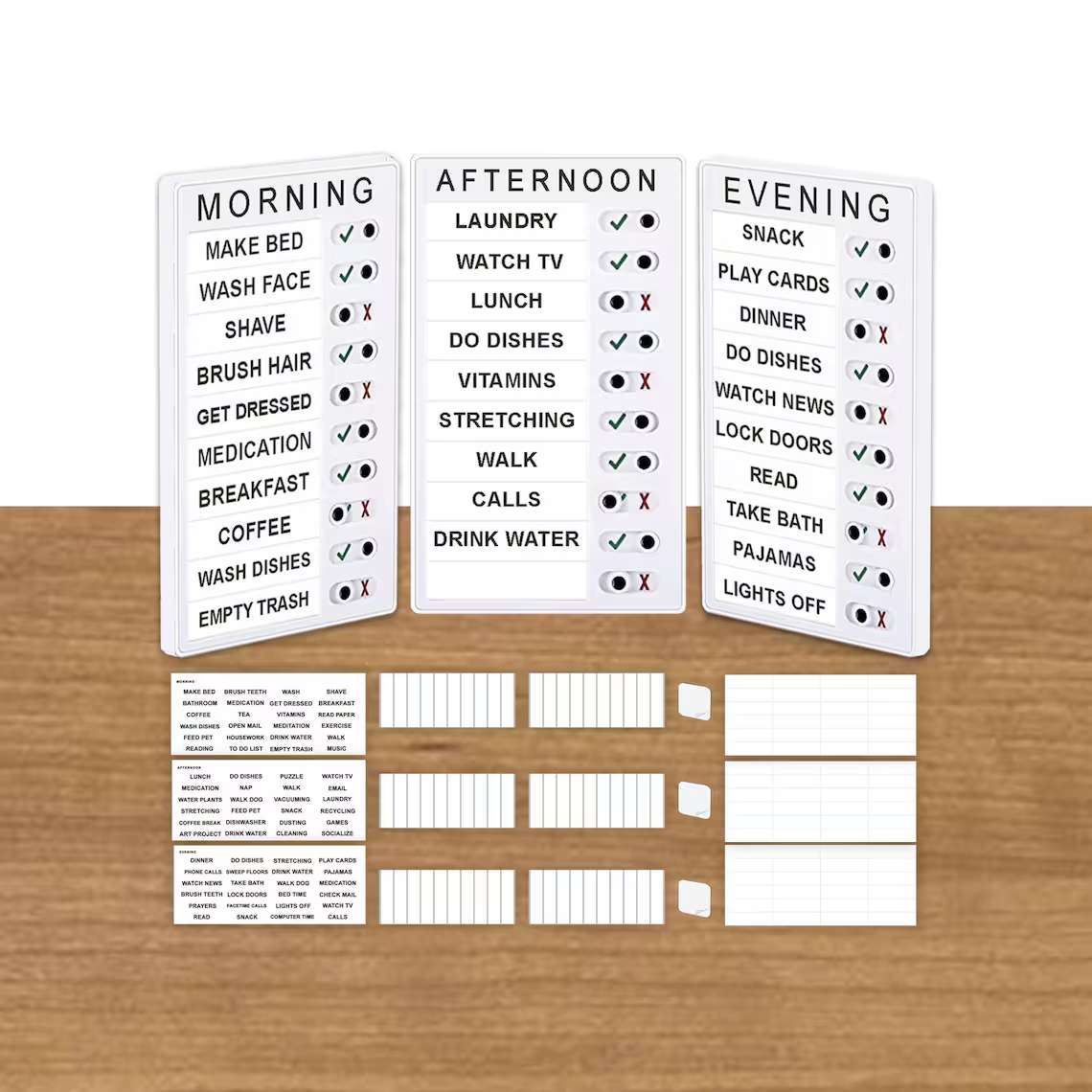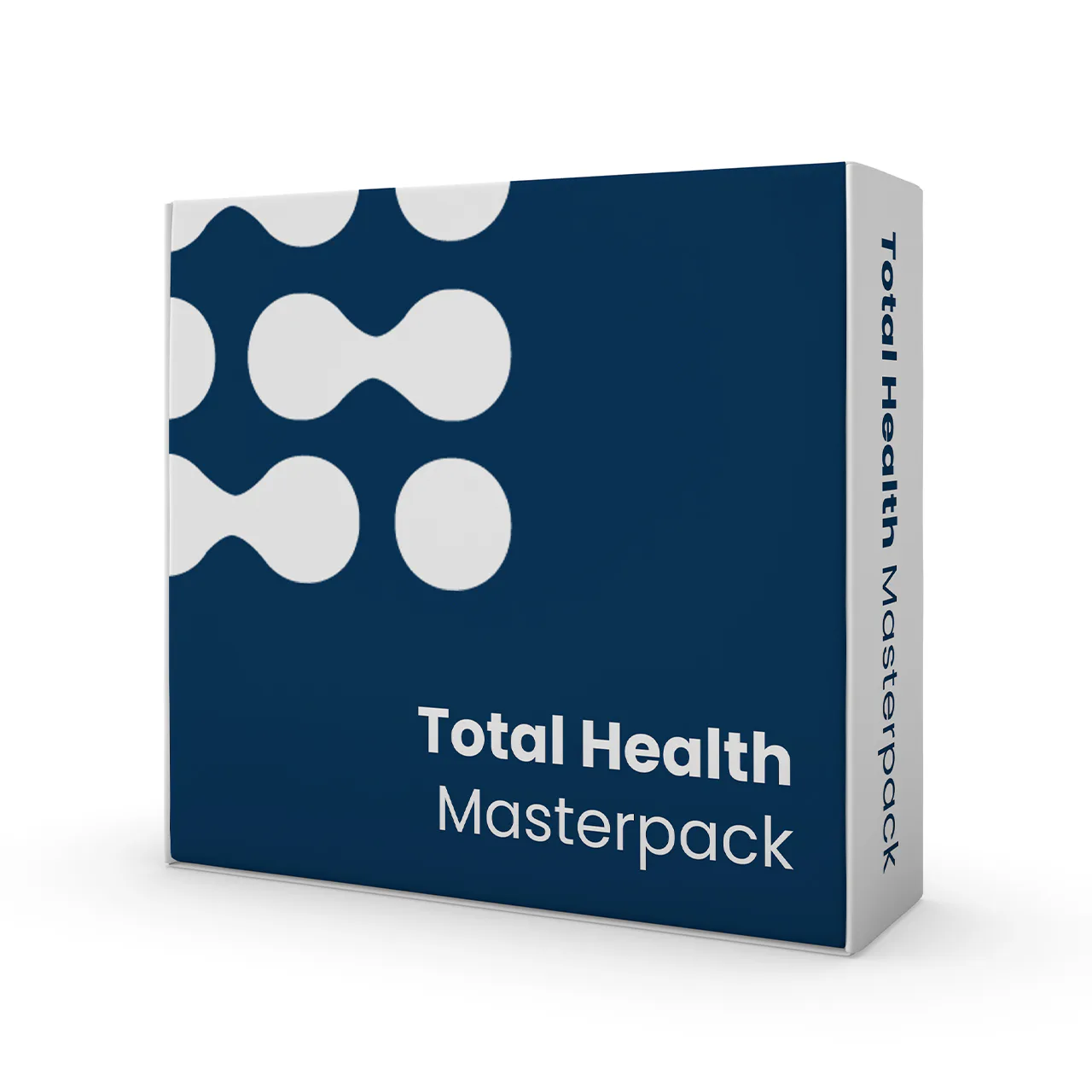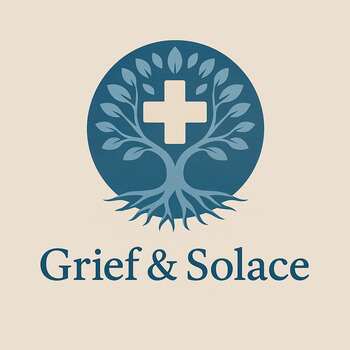Grieving Wernicke-Korsakoff Syndrome: When Memory and Judgment Disappear Together
Grief tied to Wernicke-Korsakoff is disorienting, watching someone lose the ability to think clearly, remember faces, or find their way back to who they were.

This post blends real grief with grounded knowledge. It isn’t clinical. It isn’t distant. It’s meant to sit beside you—not above you. The story you’ll read is meant to reflect what so many feel when living through or witnessing this condition: confusion, exhaustion, and quiet forms of courage.
If what you read feels familiar, please speak with your doctor. Your pain deserves more than silence.
He Forgot My Name, Then Forgot His Own
At first, we thought he was merely fatigued…mixing up dates, misplacing keys, forgetting why he’d entered a room. He would laugh it off, saying, “Just getting old,” his smile masking the cracks that were beginning to appear.
But as time went on, those cracks widened…
He called me by my brother’s name, recounted tales that never took place, and insisted he had gone fishing last weekend with a friend who had been gone for five years. We checked the calendar; he hadn’t stepped outside in weeks.
🧠 Symptoms:
Wernicke Encephalopathy (Acute Phase)
– Confusion or delirium
– Loss of muscle coordination (ataxia)
– Eye abnormalities:
– Nystagmus (repetitive eye movements)
– Ptosis (drooping eyelids)
– Ophthalmoplegia (paralysis of eye muscles)
– Fatigue, drowsiness
– Low body temperature (hypothermia)
– Rapid heartbeat or low blood pressure
Korsakoff Syndrome (Chronic Phase)
– Severe memory loss (amnesia)
– Inability to form new memories
– Confabulation (inventing memories to fill gaps)
– Apathy, agitation, or behavioral changes
– Hallucinations (especially during alcohol withdrawal)
– Unsteady gait, ongoing ataxia
Then came the shaking. The stumbling. The moments when he stood in the kitchen, holding a fork as if he had forgotten its purpose.
The diagnosis followed: Wernicke’s Encephalopathy, then Korsakoff’s Syndrome. They spoke of “thiamine deficiency” linked to alcohol, malnutrition, trauma, and surgery.
But what went unspoken…what no one said loudly enough…was that you can lose someone long before their physical presence is gone.
He forgot my name, then his own, and lost the ability to grasp time, letting it slip through his fingers…
He began confabulating, filling in the gaps with inventions. He created memories because the silence terrified him more than being mistaken.
He spoke of vacations we had never taken, a dog we had never owned, and a wife who had never existed. I nodded because telling him “no” felt like robbing him of the little he had left.
Complications:
– Irreversible brain damage
– Permanent memory loss or cognitive impairment
– Coma
– Early death if untreated
– Profound impact on quality of life and autonomy
His memories unraveled, one thread at a time, yet love remained woven through the silence. Even in the midst of forgetting, we discovered pieces worth holding onto.
Causes:
The root cause is thiamine deficiency, impairing brain energy metabolism. Primary contributors include:
– Chronic alcohol use (most common): impairs thiamine absorption, storage, and utilization
– Severe malnutrition
– Eating disorders
– Weight loss (bariatric) surgery
– Cancer
– HIV/AIDS
– Hyperemesis gravidarum
– Kidney failure (on dialysis)
– Heart failure (diuretic overuse)
– Chemotherapy-induced malabsorption
– Genetic mutations affecting thiamine metabolism
There were fleeting moments…brief, flickering instances…when his eyes would find mine and hold on. Moments when he’d weep without understanding why; moments when he’d say, “I think I used to love something.”
We administered thiamine. We established routines. We ceased correcting him and chose instead to accompany him on this journey.
He never fully returned, but we crafted a space where he could still exist.
He has taken a liking to music now. Though he can’t recall the artist, he sways to the rhythm and smiles without needing to explain.
And sometimes…just sometimes…he calls me “kiddo.” The name he gave me when I was five, the one he always used, and the only word that still feels like him.
Risk Factors:
– Long-term alcohol use
– Poor access to nutrition or healthcare
– Recurrent vomiting (e.g., pregnancy or GI disease)
– Chronic illness or advanced age
– Postoperative complications from bariatric surgery
– Immunocompromised status (e.g., HIV/AIDS)
📘 Diagnosis & Treatment
Diagnosis
Diagnosis is clinical but supported by:
– History of alcohol misuse or malnutrition
– Physical/neurological exam
– Blood tests: thiamine level, liver function, alcohol level
– Imaging: MRI may show damage in thalamus or mammillary bodies
– Rule out other causes with toxicology, EKG, CBC
Treatment
WKS is a medical emergency. Early and aggressive treatment can be life-saving.
– High-dose thiamine (IV or IM), often daily for several days
– IV fluids and electrolyte correction
– Nutritional rehabilitation
– Treat alcohol use disorder
– Supportive care: memory rehab, speech therapy, psychotherapy
Note: Oral thiamine alone is rarely effective in acute cases—parenteral thiamine is standard.
Prevention
– Avoid alcohol misuse
– Early thiamine supplementation in at-risk patients (e.g., chronic alcohol use, malnutrition, bariatric surgery)
– Dietary support: ensure B1 intake through whole grains, meat, dairy, legumes
– Prenatal care for pregnant patients with hyperemesis
Living With It (Grief & Solace Interpretation)
Wernicke-Korsakoff isn’t just memory loss—it’s the fading of self.
At first, you forget a moment. Then a day. Then a year. And then the world begins to shift around you—full of things that feel familiar, but are just out of reach.
This isn’t a gentle forgetting. It’s a sudden theft. One that takes your footing, your vision, your voice. That makes loved ones feel like strangers, and laughter come with shame.
The grief here is layered: for the moments lost, the guilt that never belonged to you, the stories you can no longer claim. And for many, it began with a drink, with hunger, with illness—never with choice.
But here too, there is fight. In catching it early. In advocating for care. In every moment reclaimed through vitamins, therapy, love. You are not broken—you are becoming, still.
I know this is heavy, and I understand that the road ahead may feel like a tangle of loss and unanswered questions. But please hear this: you are not broken because you are hurting; you are not weak because you are afraid. You are living through something real, and survival itself is a kind of grace. You are allowed to struggle, you are allowed to hope, and you are allowed to not have all the answers today. Whatever comes next, you do not face it empty-handed; you carry every moment of love that shaped you, and that will always be enough to keep going.
🎀 Gifts to help With Wernicke-Korsakoff Syndrome
🏥 Everyday Comforts for Everyday Battles
Managing Wernicke-Korsakoff Syndrome often means needing a little extra help.
Sometimes it’s about restoring dignity, ease, or simply getting through the day with less pain.
These carefully chosen tools aren’t just items; they’re small bridges back to living.
This section is about finding practical support, never shame.
Memory + Orientation Whiteboard – Anchoring for a Brain Losing Its Bearings
WKS patients struggle to form new memories, recognize time, or track daily events. This large, easy-read whiteboard helps caregivers and patients mark the date, schedule, and tasks—offering orientation support in a world that resets every hour. Wipeable, visible, and grounding. Because memory may fail, but structure can still hold.
🌿 Paths to Healing Beyond the Map
Sometimes traditional medicine isn’t enough.
If you’re exploring gentle, alternative options to help with Wernicke-Korsakoff Syndrome,
you might find comfort in plant-based compounds like **CBD or CBG**.
*This section is not medical advice, just a door left open.*
USA Medical Total Health Master Pack – Gentle System Care for a Body Already Starving at the Cellular
WKS is a neurological collapse rooted in vitamin deficiency and systemic exhaustion. This Total Pack supports immune function, sleep, and nervous system regulation to reduce the stress that accelerates deterioration. It won’t restore the memories—but it may help the rest of the body fight slower, softer, longer.
Need a Different Path Forward?
Every journey through grief looks different. Choose the next step that speaks to where you are now:
When You're Ready to Start Healing
Healing doesn’t mean forgetting.
It means finding small ways to carry your grief with strength and grace.
These are the stories, tools, and gentle steps to begin walking forward…at your own pace.
When You're Still in the Thick of It
Sometimes healing feels like a lie.
If you’re not ready to move on…if the pain still roars louder than the world wants to hear…this is the place where you’re allowed to feel it.
No sugarcoating. No pretending. Just truth.
When You're Holding on to Who’s Still Here
Grief reminds us to love louder.
If someone you love is still with you, this is your place to celebrate them, honor them, and create new memories while there’s still time.
Joy and sorrow can live side by side.






